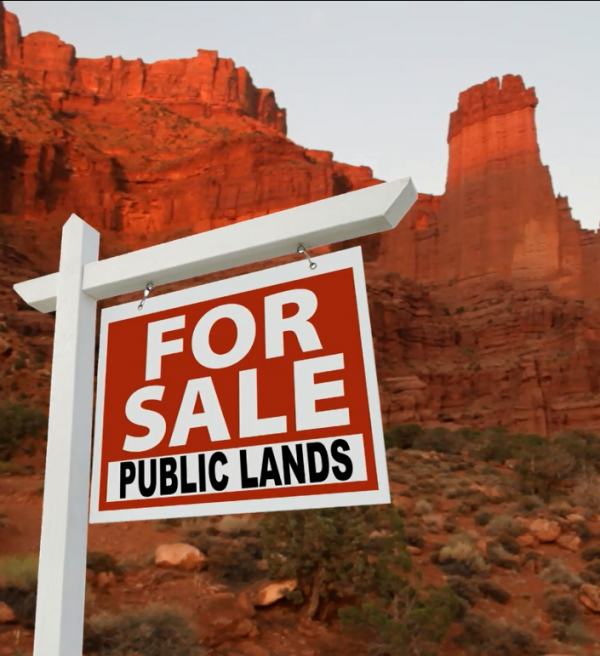A new White Paper from the Wallace Stegner Center for Land, Resources & the Environment at the University of Utah’s S.J. Quinney College of Law has determined that when it comes to Utah’s Land Grab, “the public would suffer from this misguided effort.

“If Utah succeeds in taking over federal public lands,” the report concludes. “The public would have less, not more, input into land management, and all who utilize what are now public lands — industry and recreation interests alike — would see the cost of access increase substantially: ”
The White Paper, titled “The Transfer of Public Lands Movement: Taking the ‘Public’ Out of Public Lands,” discusses Utah’s Transfer of Public Lands Act, or TPLA, which demands that the federal government transfer title to more than 31 million acres of federal public lands within Utah to the State. The TPLA has inspired eight other states to take up legislation seeking to control federal lands.
The Stegner Center’s White Paper concludes that the TPLA hinders, rather than helps, efforts to advance public land management reform.
Statements by TPLA backers signal a profound shift towards commodity production if Utah secures these lands, and even if more moderate voices prevail, a recent legislatively-commissioned report reveals that economic realities would force Utah to dramatically increase oil and gas development in order to cover new management expenses. Utah would likely also be forced to increase the rates it charges to all who access what were formerly public lands — including grazing permittees, mineral developers, hunters, anglers, and other recreational users. The public would also have less influence in land management decisions because federal planning and public input laws would not apply, and Utah has no comparable land planning or public participation requirements.
Click here to read “The Transfer of Public Lands Movement: Taking the ‘Public’ Out of Public Lands”, which is a follow-up to “A Legal Analysis of the Transfer of Public Lands Movement,” in which Professors Keiter and Ruple concluded that Utah has no legal basis to demand title to federal public lands.

